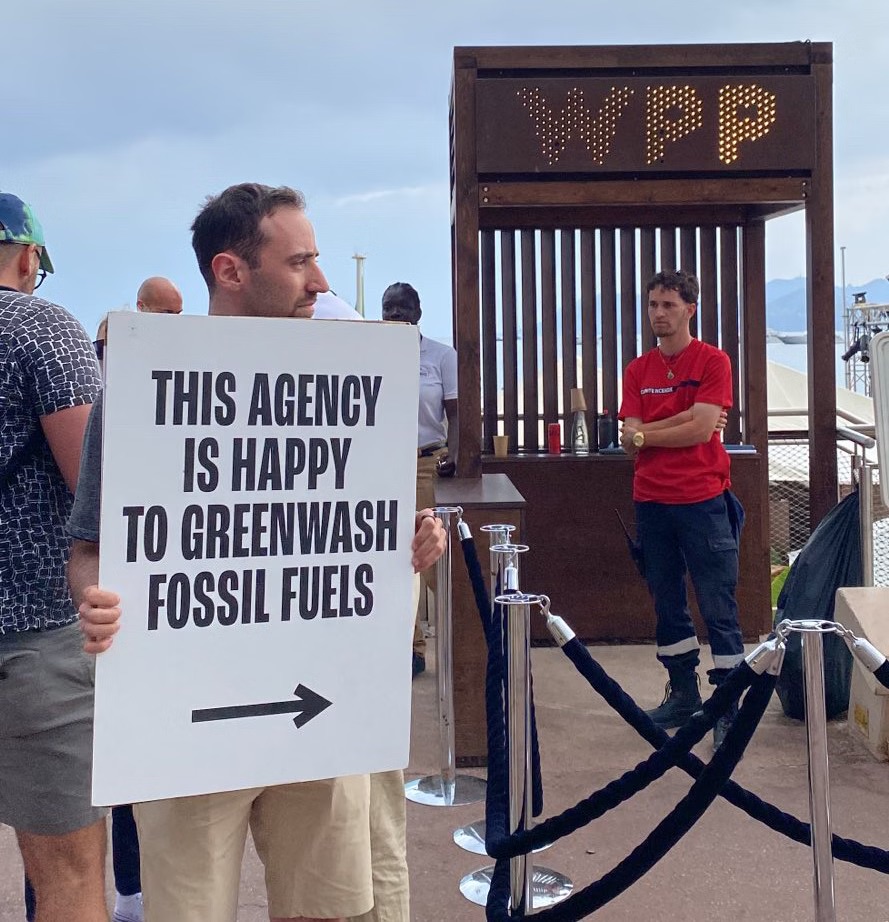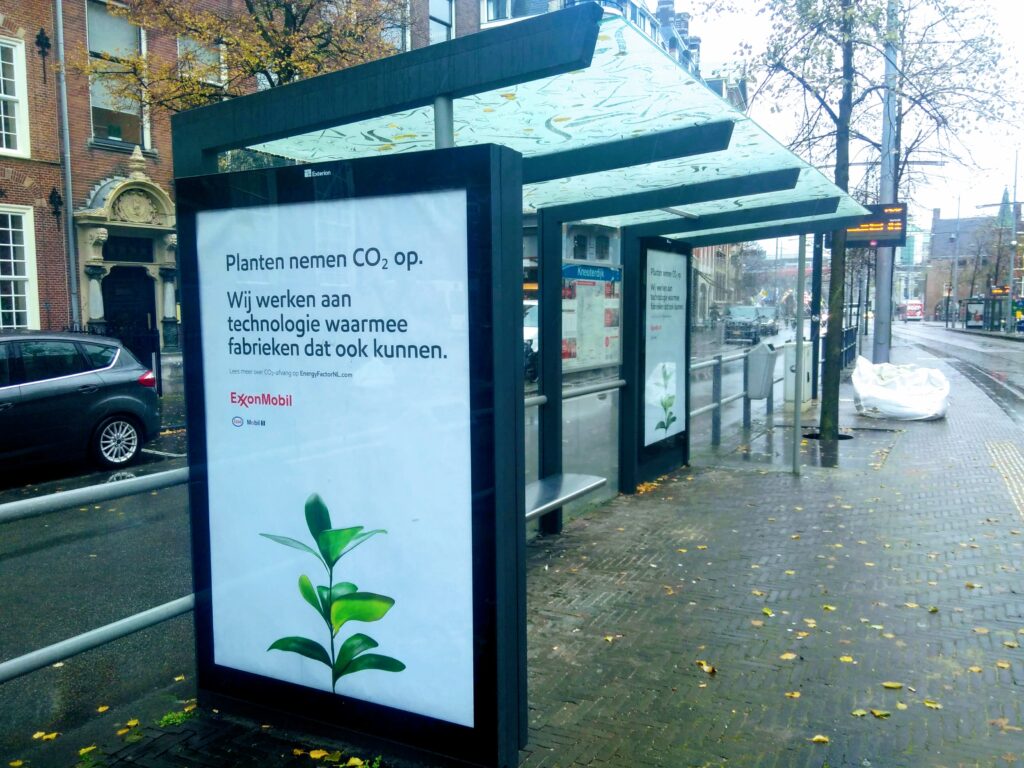The Financial Times and Reuters have taken down advertorials paid for by Saudi Aramco that showcased the oil giant’s preferred climate solutions.
The content, which was produced by FT and Reuters’ in-house ad agencies, disappeared following a February 20 complaint to UK regulators that the FT ads mislead readers by depicting the world’s biggest oil company as a climate champion.
In the complaint, the New Weather Institute think tank alleges that the Aramco-sponsored advertorials in the FT spread disinformation about the role of “advanced fuels” — a term used to describe a range of synthetic fuels — in decarbonising Formula 1 motorsport, and transport more broadly.
The “Delivering Under Pressure” page vanished soon after the complaint was submitted, according to Andrew Simms, co-director of the New Weather Institute.
The complaint references a video, titled “Technologies shaping the future of transport”, that included testimonials from Aramco‘s chief transport technologist, Amer A. Amer, and F1’s chief technology officer, Pat Symonds, about various Aramco efforts to cut emissions using innovative liquid fuel and engine technologies. The video appeared on Aramco’s dedicated “partner content” page on the FT.
The content was misleading, according to the complaint, because it over-states the role such technologies might play in cutting these emissions compared to switching to electric vehicles (EVs).
“By presenting its work on liquid fuels as a potentially better solution than EVs for the decarbonisation of road transportation, Saudi Aramco therefore ignores the broad scientific consensus on the need to rapidly phase out internal combustion engine vehicles,” the complaint states. “Instead, Saudi Aramco advocates for a supposed solution that better suits its commercial interests, presumably to keep the road transportation sector reliant on oil.”
The FT and Aramco did not respond to requests for comment.
F1, which is not a subject of the complaint, also did not respond.
The Advertising Standards Authority confirmed it was examining the complaint.
Reuters Removes Podcast
Reuters, which was not included in the complaint, has also removed the “Powered By How” podcast that its in-house studio Reuters Plus produced for Aramco. Each of the eight episodes, published last year, featured an Aramco executive talking about the oil company’s preferred climate solutions, such as hydrogen and carbon capture and storage.
“Powered By How” was referenced in a joint DeSmog-Drilled investigation, co-published with the Intercept and The Nation in December, that explored commercial ties between the fossil fuel industry and Bloomberg, The Economist, The Financial Times, The New York Times, Politico, Reuters, and The Washington Post.
Advertorials and events produced under these deals have helped the oil industry portray itself as a driver of the energy transition, according to climate disinformation experts quoted in the investigation, despite the industry’s persistently low investments in anything other than increased fossil fuel production.
A Reuters spokesperson said the podcast had been taken down for unspecified “updates”, and declined to say when it would be restored.
“The Powered By How podcast is not a Reuters editorial product and Reuters news staff had no role in the production of this content. It was created by Reuters Plus, the brand marketing studio of Reuters”, the spokesperson said. “It has been temporarily removed while updates are being made. These updates are not due to any concerns with the content; the content itself is not being updated”.
It is unclear precisely when Reuters took down the podcast. While the Telegraph reported on the FT-related complaint on February 21, “Powered By How” was still online as of February 27. Reporters noticed it missing on March 13.
Aramco spent at least $3 million to advertise with Reuters from October 2020 to October 2023, according to data from MediaRadar, a service that publishers use to track ad campaigns. The total amount is likely larger, because MediaRadar’s advertising revenue estimates do not include the creative service fees charged by brand marketing studios.
Simms said that for media companies reporting on the climate crisis, hosting content sponsored by major polluters creates a conflict of interest.
“Of course, high standards should apply to all content where outlets like Reuters and the Financial Times are concerned”, said Simms. “If they thought their web pages sponsored by oil company Aramco were factually correct and ethical, why have they been removed?”
The oil industry has a long track record of using sponsored content — also known as native advertising — to blur the distinction between advertising that promotes its commercial interests, and news coverage reported by journalists.
The DeSmog-Drilled investigation noted that according to a 2016 Georgetown University study, around two in three people mistake native advertising as independently reported news.
A 2016 report from Stanford University researchers found that 80 percent of students mistook native ads for reported stories, and a 2018 Boston University study found that only one in 10 people recognized native advertising as advertising, rather than reporting.
“Journalism needs decontaminating from polluters’ vested interests”, said Simms.
Additional reporting by Amy Westervelt and Matthew Green.
For more, see the Drilled-DeSmog report “Readers for Sale: The Media’s Role in Climate Delay.”
Please also see the Reuters Plus profile in DeSmog’s Advertising & PR Database.
Subscribe to our newsletter
Stay up to date with DeSmog news and alerts







